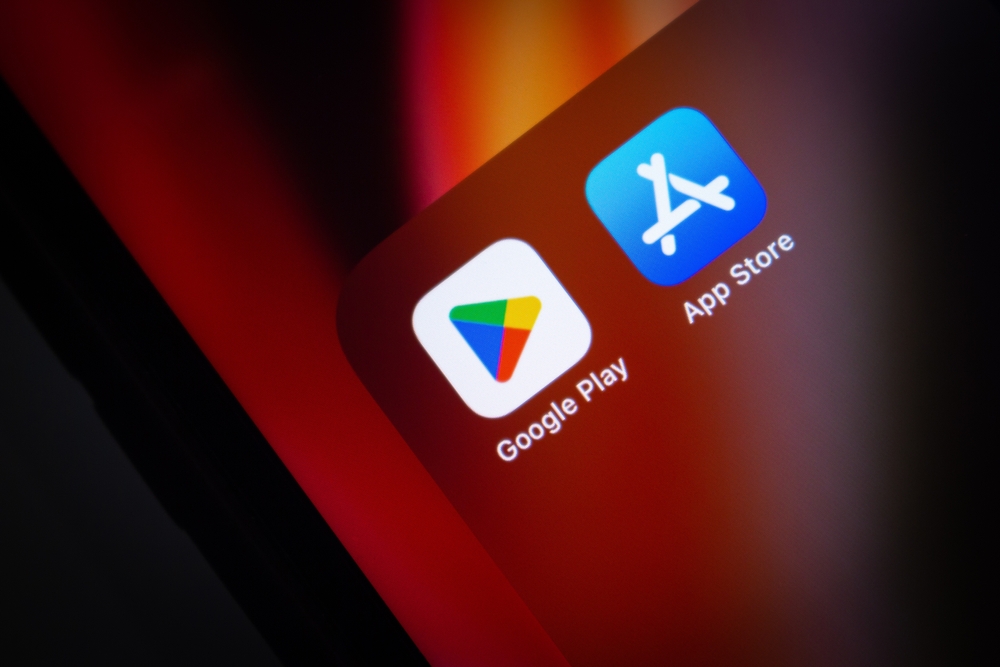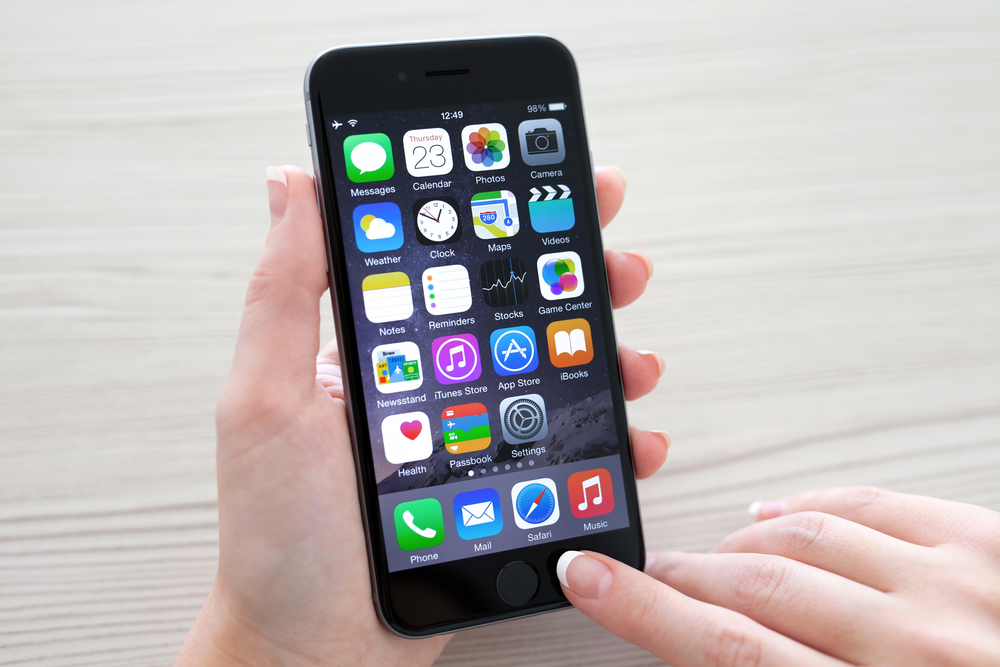
Master Mobile App Marketing: Top Tips and Tricks for Promotion Success

The mobile app market is highly competitive, with millions of apps vying for attention and downloads. To stand out from the crowd and achieve success, it is crucial to have a well-thought-out mobile app marketing strategy. In this article, we will discuss some top tips and tricks to help you promote your mobile Android or iOS app effectively.
1. Understand Your Target AudienceBefore you start promoting your mobile Google Play or App Store app , it is essential to understand your target audience. Who are your potential users? What are their needs and preferences? Conduct thorough market research to gain valuable insights into your target audience's demographics, interests, and behaviors. This knowledge will assist you in tailoring your marketing efforts to reach the right people at the right time.
2. Optimize Your App Store Listing
A compelling app store listing is crucial for attracting potential users. Start by optimizing your app's title, description, and keywords to improve its visibility in search results. Use relevant keywords that your target audience is likely to use when searching for similar apps. Additionally, provide clear and concise descriptions, highlighting the key features and benefits of your app. High-quality screenshots and an attractive app icon can also make a significant impact on potential users.
3. Leverage App Store Optimization (ASO)
App Store Optimization (ASO) is the process of optimizing your mobile App Store or Google Play app 's visibility and conversion rate within the app stores. In addition to optimizing your app store listing, consider other factors that influence app store rankings, such as the app's downloads, ratings, and reviews. Encourage satisfied users to leave positive reviews and ratings while addressing any negative feedback promptly.
4. Create a Captivating App Website
Having a dedicated website for your mobile app can increase brand awareness and engage potential users. A well-designed website can showcase your app's features, benefits, and unique selling points. It should have clear and concise content, visually appealing graphics, and easy navigation. Provide a download link directly from the website to facilitate seamless app installation.
5. Implement Social Media Marketing
Social media platforms are powerful tools for promoting your mobile iOS or Android app . Create engaging posts and share valuable content related to your app's niche to attract potential users. Leverage targeted ads to reach your specific audience segments. Collaborate with influencers and thought leaders in your industry to expand your reach further. Engage with your audience through comments, messages, and live streaming to build a strong community around your app.
6. Run App Install Campaigns
App install campaigns are paid advertising campaigns specifically designed to drive installations and downloads of your mobile app. Platforms such as Google Ads and Facebook Ads offer app install campaigns that allow you to target specific demographics and locations. It is crucial to optimize your campaign settings, set a reasonable budget, and track the campaign's performance regularly. Continuous monitoring and optimization will help ensure the best possible ROI.
7. Utilize Content Marketing
Content marketing plays a vital role in establishing your app's authority and driving organic traffic. Create high-quality blog posts, articles, and videos that are engaging, informative, and relevant to your target audience. Optimize your content with relevant keywords to improve search engine rankings. Share your content on different platforms, including your website, social media accounts, and relevant industry forums or communities.
8. Seek Public Relations (PR) Opportunities
Public relations can significantly boost your app's visibility and credibility. Actively seek PR opportunities, such as media coverage, guest blogging, and participation in industry events or conferences. Build relationships with journalists and influencers in your app's niche, crafting compelling pitches to gain valuable media exposure.
9. Implement Referral Programs and Incentives
Encourage your existing users to spread the word about your app by offering referral programs and incentives. Provide incentives such as discounts, bonus features, or exclusive content to those who refer new users to your app. Word-of-mouth marketing is powerful, and satisfied users are more likely to recommend your app to others.
Frequently Asked Questions:
Q1. How long does it take for a mobile app to become successful?A1. The timeframe for mobile app success can vary greatly depending on several factors, such as the app's niche, target audience, marketing efforts, and competition. Some mobile apps gain quick traction and achieve success within a few months, while others may take years to gain widespread adoption. Consistent marketing efforts and continuous improvement based on user feedback are crucial for eventual success.
Q2. Is it necessary to have a dedicated website for a mobile app?
A2. While having a dedicated website is not mandatory, it can significantly benefit your mobile app's promotion. A website allows you to provide detailed information about your app's features, benefits, and updates. It also serves as a central hub for all your marketing efforts, providing a platform to showcase user testimonials, blog articles, and news related to your app.
Q3. Are paid app installs worth the investment?
A3. Paid app install campaigns can be a valuable marketing strategy, especially when backed by thorough research and optimization. They allow you to reach your target audience directly, increasing the chances of relevant app installations. However, it is essential to monitor and optimize the campaigns continuously to ensure they are delivering a positive return on investment.
Q4. How can I gather user feedback for my mobile app?
A4. User feedback is crucial for improving your mobile app and providing a better user experience. Encourage users to leave reviews and ratings on app stores and respond promptly to their feedback. Implement in-app surveys and feedback forms to gather more detailed insights. Engaging with users through social media and support channels can also provide valuable feedback and help build loyal user relationships.
Q5. When should I start marketing my mobile app?
A5. It is best to start marketing your mobile app well before its official launch. Building anticipation and generating buzz can help create a strong user base from the beginning. Utilize social media, website content, and email marketing to create awareness and gather pre-launch sign-ups. This way, you can hit the ground running when your app officially launches.
In Conclusion,
Mastering mobile app marketing requires a combination of strategic planning, thorough research, and consistent efforts. Understanding your target audience, optimizing your app store listing, leveraging social media and content marketing, and implementing paid campaigns are essential components of a successful mobile app marketing strategy. By following these tips and tricks, you can increase your app's visibility, attract the right users, and achieve long-term success in the competitive mobile app market.
Other useful resources
- https://www.appguru24.com/topics/ios-and-android-mobile-app-promotion-tips/
- https://en.wikipedia.org/wiki/App_store_optimization